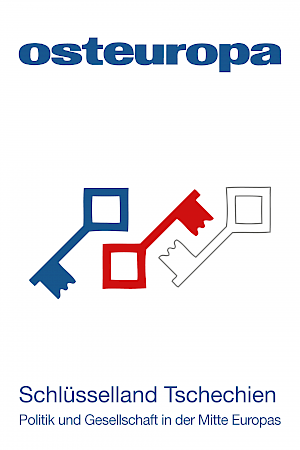Leaden Times, Gilded Times
Czech Literature since 1945
Deutsche Fassung
Abstract
The cultural diversity that characterized Czechoslovakia in the era of President Tomáš Masaryk was irretrievably lost after the Second World War. Under the repressive cultural policy of the communist regime, which started in 1948, literature was divided into “forbidden” (samizdat and exile publishers) and “permitted” publications. This division cannot be automatically equated with the presence or absence of literary quality. Nonetheless, the majority of the country’s important authors struggled with censorship between 1948 and 1989. Many important works did not appear until decades after they had been written. The brief liberalization of the 1960s, with its extraordinary flowering culture and literature, was followed by the leaden repression of “normalization.” It was not until the Velvet Revolution of 1989 that state control over literature was finally lifted. But at the same time, the literature’s importance in society went into rapid decline. Contemporary Czech authors work on a high artistic level, but under difficult economic conditions.
(Osteuropa 4-6/2021, pp. 373–394)



